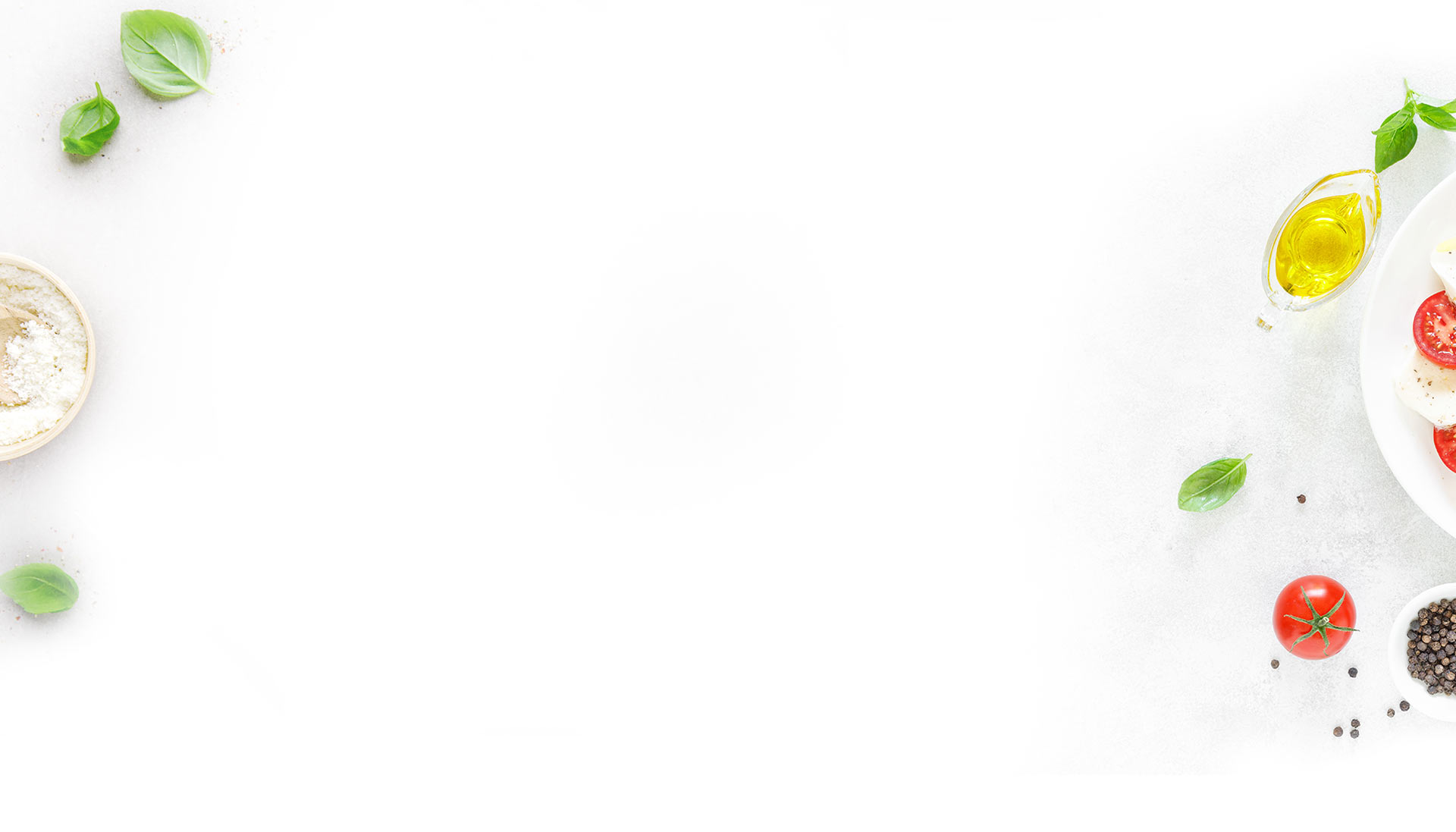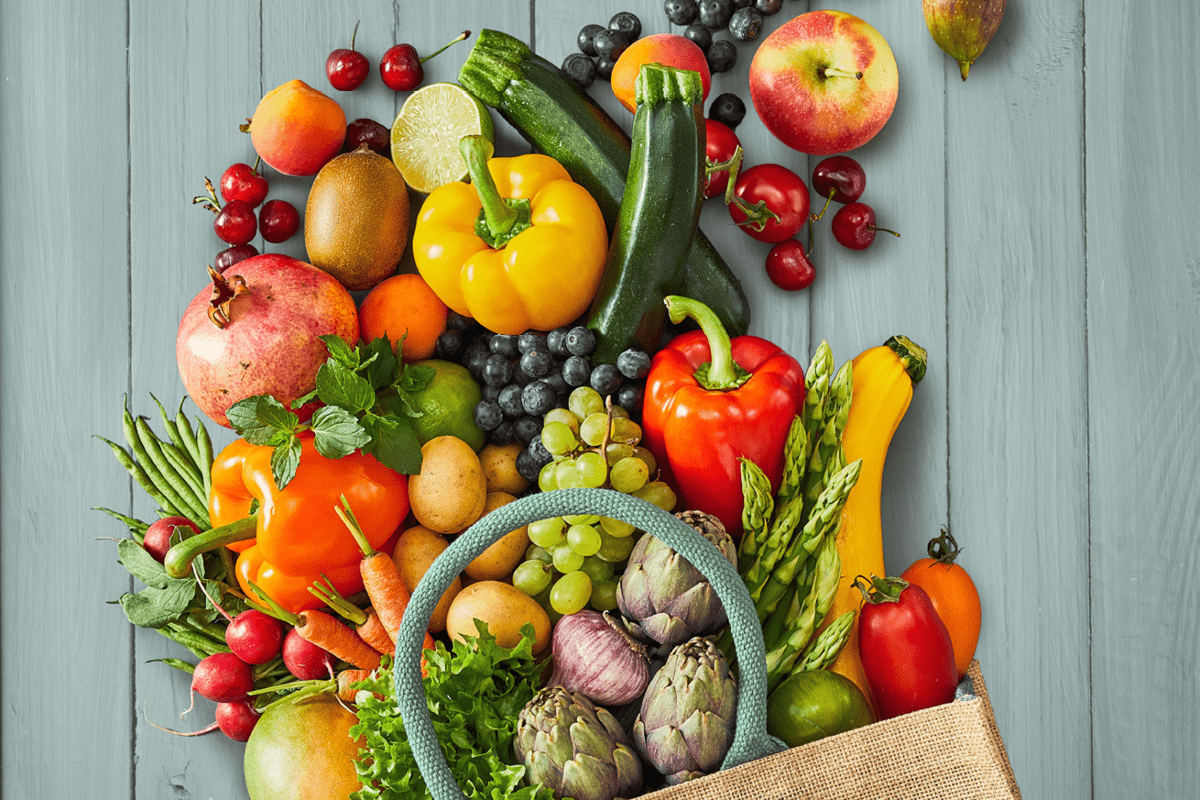
How to Store Fresh Produce

Fresh produce is delicious and nutritious, but it can easily go bad if stored incorrectly. That’s a waste of time and money, but storing produce is complicated. That’s because all produce is not alike, and even when you break it down to fruits and vegetables, all fruits aren’t stored the same and neither are all vegetables. Here, we break it into some simple tips for you to follow, to keep your produce fresh and tasty.
- Some things belong on the counter. Most types of fruit do well in a bowl or basket on the counter. Vegetables should not be kept at room temperature, except for tomatoes, which should be kept on the counter, out of direct sunlight.
- The refrigerator is better for most vegetables. Eggplant, celery, pepper, peas, artichokes, cauliflower, zucchini, and cucumber will stay fresh for about a week in the fridge, while summer squash, yellow squash, green beans, broccoli, Brussels sprouts, will last 3-5 days, as will mushrooms kept in a paper bag. Ears of corn in the husks last 1-2 days, and asparagus lasts 2 or 3 days, unless you keep it in a glass jar. Trim an inch off the bottom of the stalks, stand them in a jar filled halfway with water, cover with a plastic produce bag, secure with a rubber band, and asparagus will stay fresh for a week or more. Carrots, parsnips, turnips, beets, and radishes will last 2 weeks in a plastic produce bag in the refrigerator. Fruits that should be stored in the refrigerator include berries and grapes.
- Even prewashed leafy greens should be rinsed when you bring them home. To keep them fresh longer, rinse them, wrap in a paper towel or tea towel, and refrigerate them in a container or sealed plastic bag. Washing and storing them as soon as you bring them home from the store makes them more convenient to eat.
- Some veggies do well in a cool, dry place. Onions, garlic, shallots, potatoes, and hard squash all do best in a dark pantry, preferably between 50-60 degrees Fahrenheit.
- Keep fruits and vegetables separated. Many fruits produce a gas called ethylene, which can cause nearby fruits and vegetables to ripen. It’s okay for fruit to ripen, but for vegetables, becoming riper just means spoilage.
When you’re looking for delicious fresh produce, make Net Cost Market your first stop. For over 20 years, we’ve been committed to helping our customers save time and money while offering them the world of food all in once place. We’re a local supermarket with a global reach, providing a selection of everyday food products as well as a variety of culinary delights from around the world. It’s our goal to provide authentic, high-quality food products from local farmers as well as suppliers from around the world. When you shop with Net Cost Market, you’ll find a comfortable and gratifying shopping experience that even includes online shopping and home delivery.